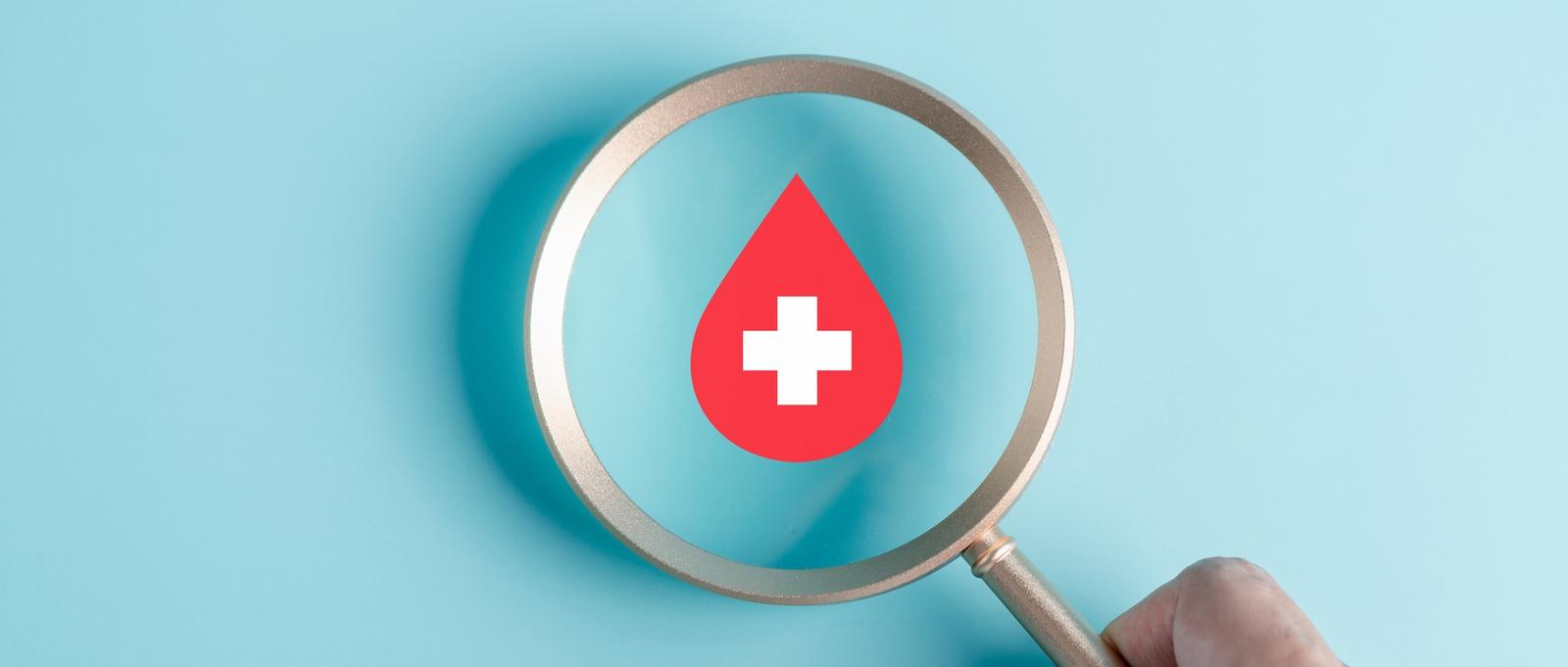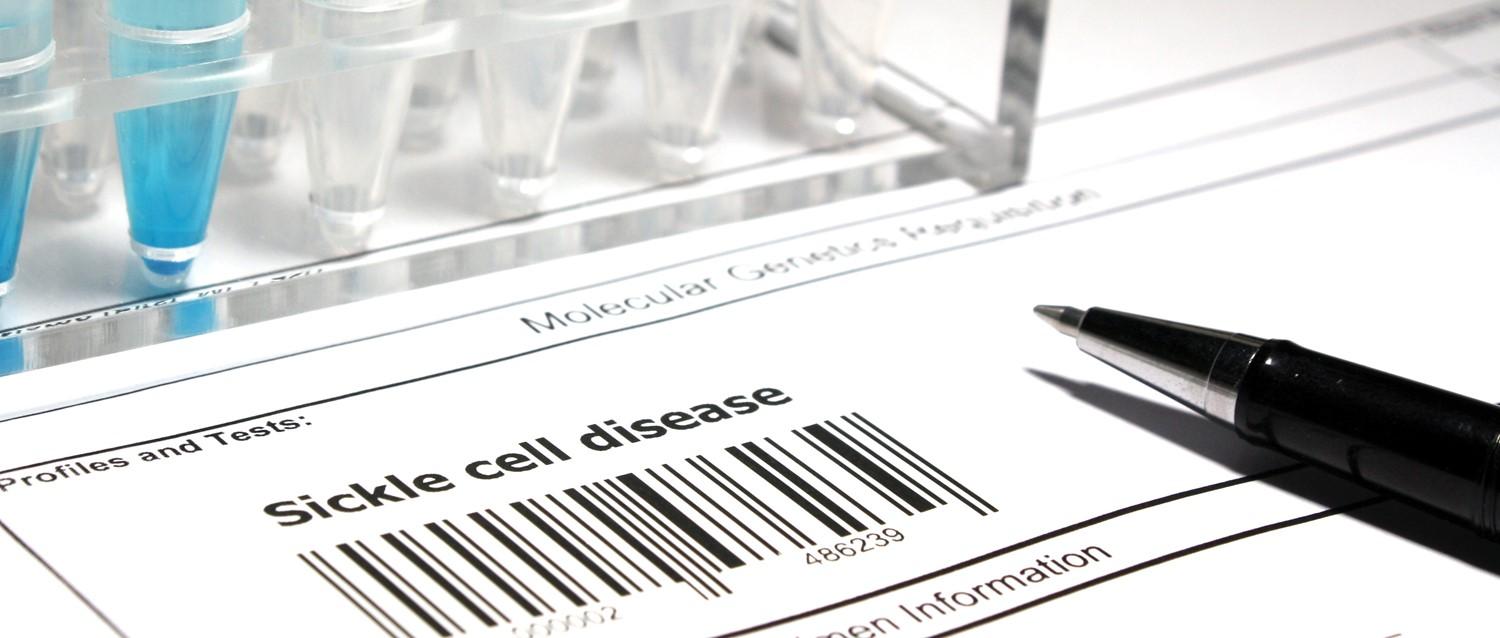
Vitamin B12 deficiency signs you need to know
Peer reviewed by Dr Sarah Jarvis MBE, FRCGPLast updated by Dr Carrie Ruxton, PhD, Child NutritionLast updated 11 May 2019
Meets Patient’s editorial guidelines
- DownloadDownload
- Share
- Language
- Discussion
Your body doesn't make vitamin B12. That means you need to get it from food or supplements. We'll explore why this nutrient is needed, the best sources and the signs you're not getting enough.
In this article:
Like the other B vitamins, B12 has a myriad of roles within the body. These include releasing energy from the food we eat and preventing tiredness and fatigue.
Other roles of vitamin B12 are:
Maintaining healthy nerve cells and psychological health.
Helping to create DNA.
Working with folate (another B vitamin) to produce red blood cells.
Supporting normal immune function.
Continue reading below
Deficiency symptoms
If you're deficient in vitamin B12, you could become anaemic. Signs you're low include:
Tiredness, lethargy, feeling faint, and becoming breathless.
Headaches, heart palpitations, altered taste, loss of appetite, and ringing in the ears (tinnitus).
Pale skin.
Low mood.
A clinical deficiency of vitamin B12 can be caused by pernicious anaemia. This is the most common cause of vitamin B12 deficiency in the UK. It's caused by your immune system attacking either intrinsic factor (a protein your body makes to absorb vitamin B12) or the cells that make intrinsic factor. This prevents you from being able to absorb vitamin B12 properly.
Pernicious anaemia may cause neurological problems if left untreated. Early symptoms include a sore, red tongue, mouth ulcers, pins and needles, lemon-coloured skin, changes to mood or mental function, and disturbed vision. If you are concerned about any of these symptoms, your GP will be able to investigate and advise.
The best foods for B12
Vitamin B12 is water-soluble which means it isn't stored in the body. Our blood and tissues contain around 2.5 micrograms of the vitamin and we need between 1 and 1.5 micrograms daily to keep these levels topped up. This is easily achievable within a varied diet, but many people may be missing out.
Nutritionist, Dr Emma Derbyshire, notes: "According to the latest National Diet and Nutrition Survey, around 5% of adults aged 19-64 years and teenagers have a vitamin B12 status (blood level) lower than the ideal recommended by the World Health Organization. In people aged over 64 years, this rises to 6-7%. However, most people get enough B12 from their normal diets."
Key natural sources of vitamin B12 are red meats, turkey (not chicken), fish, eggs, milk, and other dairy products.
Most ready-to-eat breakfast cereals are fortified with synthetic vitamin B12, which is a useful source for non-meat eaters. Be aware though, it's often said that yeast and some plant foods contain vitamin B12 but this is a myth (unless the products are fortified). The error arose because the analytical methods used to measure vitamin B12 levels in foods included the inactive forms of the vitamin, called corrinoids.
Continue reading below
Who is at risk of deficiency?
As vitamin B12 is so widely available in the UK diet, only three groups tend to have an issue with inadequacy: vegans, the elderly and people with gut disorders, such as inflammatory bowel disease or Helicobacter pylori infection.
But some medicines, including colchicine, neomycin, metformin, anticonvulsants and drugs to control gastric acid secretion, can also increase the risk of vitamin B12 deficiency.
Vitamin B12 levels may be lower than optimal in women using regular oral contraception but risk of deficiency is minimal. Still, it is worth checking that you are eating one or two good dietary sources of vitamin B12 daily, or using a multivitamin, if you take oral contraceptives.
Vegans
Strictly animal-free diets (no meat, dairy, fish, eggs, honey) are eaten by 1-2% of the population and can also be popular short-term trends for teenagers and young people.
However, as Dr Clare Pettinger from Plymouth University says: "Unless great care is taken to source a varied diet or top up with dietary supplements when recommended, some key nutrients can be in short supply. These include vitamin B12, vitamin D, iron, zinc, calcium and iodine. The Vegan Society website advises that vegans source vitamin B12 from fortified foods such as fortified vegan spreads, nutritional yeast flakes, fortified yeast extracts and breakfast cereals. It also offers a specialist supplement which contains vegan sourced vitamin B12, vitamin D, iodine and selenium."
Elderly people
Problems with vitamin B12 are not typically caused by poor diet in this group; rather, they are caused by a lack of a protein in the stomach which helps B12 absorption. As people age, levels naturally decline but, in some individuals, production of the chemical slows down so much that B12 can't be absorbed properly no matter how much is in the diet. This is the main cause of pernicious anaemia (described above), a condition that affects up to one in ten elderly people in the UK.
Medical tests, such as B12 blood levels, intrinsic factor antibody (IFA) test and the Schilling test (looking at absorption), may be offered to test for suspected deficiency. Folic acid levels should also be measured to exclude folate deficiency as a cause of the symptoms, as the two conditions often go hand in hand. The standard treatment is a regular vitamin B12 injection.
Varied diets are the answer
If a varied diet is eaten, few people need to worry about getting enough vitamin B12.
Derbyshire adds: "As vitamin B12 is water-soluble, it isn't stored in the body so there is no risk of overdosing, but if you are taking supplements, always follow the manufacturer's advice on dosage. There is no proven advantage to consuming more than the recommended 1.5 micrograms per day."
For those at heightened risk of deficiency, particularly elderly, long-term vegans and people with certain medical conditions, keep a close watch on your diet and make sure that any concerns are discussed with your GP or practice nurse. Carers of elderly people need to be aware of the early symptoms of pernicious anaemia and alert relevant healthcare professionals should any of these be noted.
Patient picks for Blood

Allergies, blood and immune system
Signs you may have anaemia
It's usual to feel a little tired and run-down from time to time. But if the feeling continues, or is excessive, you may need to speak with your doctor. One common cause of feeling run-down is anaemia. Here we look at the signs and symptoms, whether you might be susceptible, and what to do next.
by Victoria Raw

Allergies, blood and immune system
What does the new treatment for sickle cell disease mean for sickle cell patients?
It has been over 20 years since the last breakthrough in the treatment of sickle cell disease. Now a new antibody-based drug has been approved that can significantly reduce the number of episodes of severe pain experienced by patients. What does this step mean for the 15,000 people living with sickle cell disorder in the UK?
by Amberley Davis
Continue reading below
Article history
The information on this page is peer reviewed by qualified clinicians.
11 May 2019 | Latest version

Ask, share, connect.
Browse discussions, ask questions, and share experiences across hundreds of health topics.

Feeling unwell?
Assess your symptoms online for free
Sign up to the Patient newsletter
Your weekly dose of clear, trustworthy health advice - written to help you feel informed, confident and in control.
By subscribing you accept our Privacy Policy. You can unsubscribe at any time. We never sell your data.